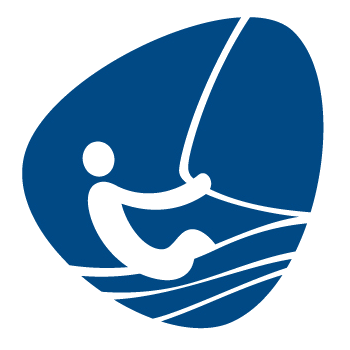 Tuesday, August 9, 2016
Tuesday, August 9, 2016
Crazy Sailing
By Gary Jobson
It's only the second day of sailing of this 11-day Olympic Games, and we have learned a lot about sailing on the waters off Rio de Janeiro and the level of competition. After many years of racing, I have learned to avoid drawing early conclusions in any series, but there are several trends that are worth studying.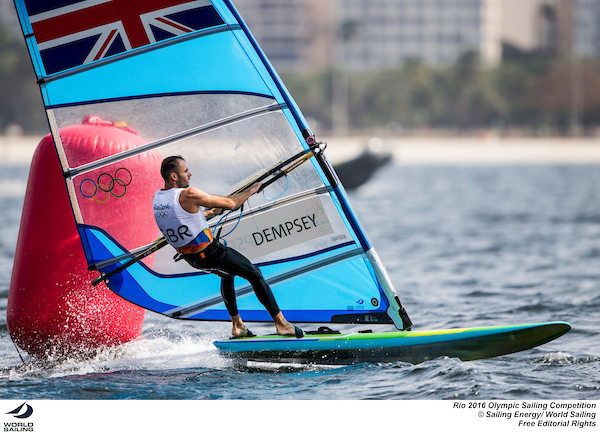
In the five classes that have raced so far, 21 different countries occupy the top five spots. Only Holland, with 3 boats, and Argentina and France, with two boats, have cracked the top tier. The USA has had a few good races, but all five boats are in a major battle to make the Medal Race.
Historically, the USA and GBR have won far more medals than any other country in the Olympic Games, dating back to 1896. That storyline is changing. International parity seems to be the new normal. It might be easy to explain this trend to the challenging wind patterns in Rio, but there is far more to it. Let's begin with junior sailing. Every sailing country trains youngsters in Optimist Dinghies. Coaching techniques and training manuals all provide similar information. The Olympic classes are all strictly one design, and in the case of the sailboards and Lasers, the boats are provided. It is difficult to get an equipment advantage. Coaches change borders for every Olympics and bring with them knowledge from their former employment. Almost every sailor is pre-anointed by their nation one or more years in advance of the Olympics, so they learn each other's sailing techniques.
Unlike the United States and Great Britain, only a handful of countries qualify, and send full squads in all ten Olympic classes. Most countries tend to concentrate on classes where they have a reasonable chance of doing well. It is expensive to send a full 15-person sailing team, along with an army of support personnel. This is a philosophical question that will be addressed after the Games.
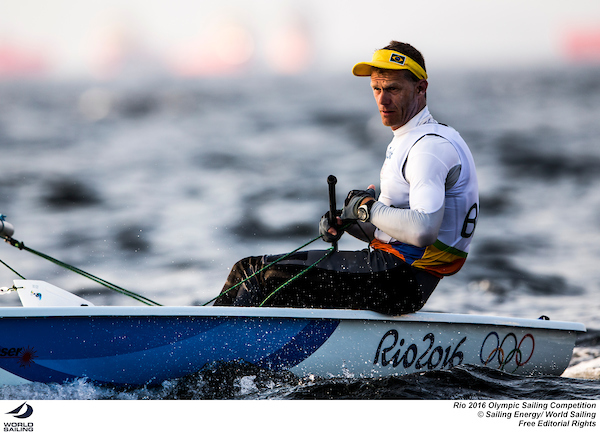
There are some good storylines developing. In the Laser Class, 43-year old Robert Scheidt from Brazil is the hero of his country; in four races he has finished 23-1-27-4. With a throwout race, he stands in 8th. Scheidt has won a medal in five Olympic Games. No sailor has ever won medals in six. If he can somehow gain consistency he could be the first sailor to achieve this feat. His wife, Gintare Scheidt, is sailing for her home country of Lithuania, and stands sixth after four races.
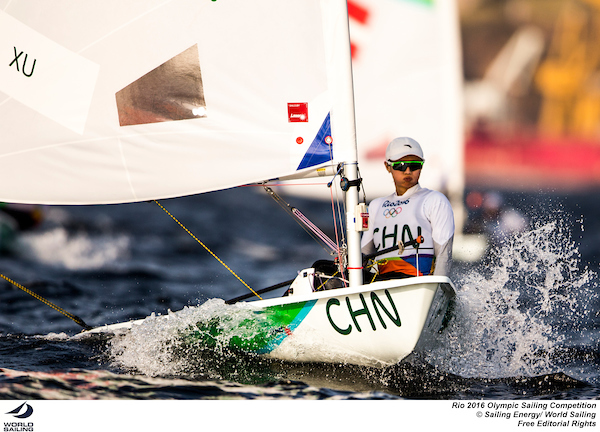
Lijia Xu from China was disqualified after finishing 4th in Race Two yesterday for not performing a penalty turn soon enough after fouling American Paige Railey at the windward mark. Xu is the reigning Olympic Champion in the Laser Radial Class. She shrugged off the set back and came back with a 3-1 today and now leads. Impressive!
A tough battle in the Women's RS:X has unfolded. Charline Picon from France had a 1-2-1 on the first day, while Flavia Tartaglini, Italy opened with a 12th. But since then, the Italian sailor has won three races sailing in her first Olympics. Russia's Stefaniya Elfutina and Holland's Lilian de Gues are close behind in the standings. American Marion Lepert has been sailing well, but got tangled up after the start with another board and finished well in the back. The most impressive performance of the day was by Peina Chen from China who fanned her sail in a beautiful rhythm to stretch out to a huge lead in a dying breeze to win the sixth race.
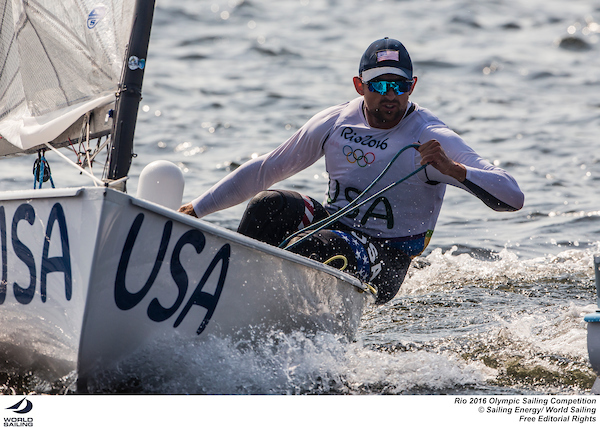
Britain's super star Finn sailor, Giles Scott, missed a few wind puffs in the first race to finish 17th. He came back with a third in Race Two. I look for him to move up the leaderboard over the next few races. He has not lost a major regatta in four years. American Caleb Paine was deep at the first mark, but sailed well to move into seventh by the finish. In Race Two, Paine finished 10th.
The Nacra 17s and the 470s begin racing tomorrow. It will be fascinating to see if the parity trend continues. With nine days racing ahead, there will be many ups and downs on the water. One thing is crystal clear: The sailors who stand on the podium in Rio will have earned their medals.